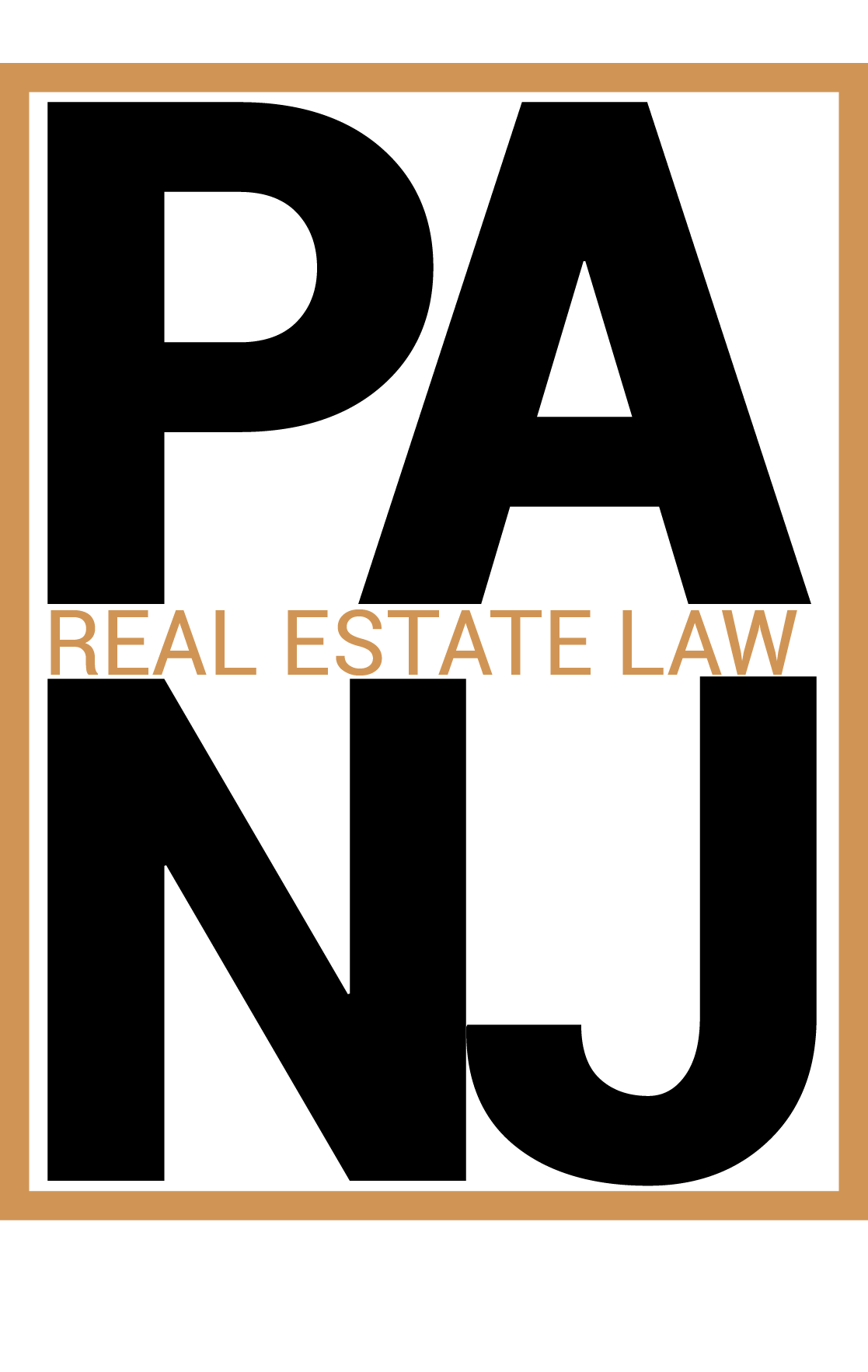Why use our firm for your real estate closing?
We specialize in residential, commercial, SBA, refinance, and bank closings. Our firm has extensive experience and is committed to providing the best individualized service to our clients. We understand that buying or selling your home is one of the largest financial transactions of your life and that it can be a stressful process. We strive to make the transaction as painless as possible by taking the time to answer all your questions and address any concerns. Our top priority is being a strong advocate for your best interests. Call us today for a free consultation.
Below are commonly asked questions about the buying and selling of property:
Buying a home
What is the contract of sale?
A contract of sale is an agreement for the purchase of real estate. The contract is usually prepared by your real estate broker/agent and is a standard contract, which is submitted to me for review within 3 days of execution.
What is an attorney review?
Following the execution of the initial contract of sale by both parties, you have three business days to have the contract reviewed by an attorney. During this time period, I review the contract and prepare what is a “rider” or “letter addendum” to the contract. The rider would create additional provisions to the contract, addressing any issues that have not been already addressed by the initial contract.
If you are buying a condominium, co-op, or a townhouse, I will put in a provision requesting copies of important documents, including the Master Deed, Bylaws, and the Rules of the Condo Association, in addition to any financial documents that would show the financial stability of the building.
Once the attorneys and their clients accept any newly added terms, the attorneys sign off on the final Rider and inform all parties that attorney review is concluded. All time periods (for the mortgage contingency and inspection results) will start from this date (not the date you signed the initial contract with your broker).
What are my expected closing costs?
There are several things you are responsible for between attorney review and closing:
- Inspection
A home inspection is not required but is generally recommended if you are purchasing a home. It will provide you with the opportunity to accompany the inspector around the property and learn recommended maintenance for your new home. Depending on the age and condition of your building, you may choose to get the following inspections: termite, radon, septic, well, home heating oil tank, and/or lead paint. A structural inspection generally runs about $400-$600 for a one family home or condominium. This is an out-of-pocket expense that you pay directly to the inspector. You will work with your real estate broker and the seller to coordinate this.
You generally have 10 days to complete the inspection and submit the results to the Seller’s attorney. You should schedule an appointment with an inspector immediately following attorney review. Any defects will be submitted by your attorney for the Seller’s attorney to address, usually with a credit at closing or an arrangement to repair the defect.
- Title Insurance, Title Searches, and Survey
You are required to purchase title insurance for your property, which covers your ownership interest and the mortgage interest of your lender. Title insurance prices are state regulated. As your attorney, I would order the insurance in conjunction with the title searches from a licensed title agency. This will show any judgments or liens against the parties or the property itself, including mortgages for the Seller or tax liens.
Your mortgage company will generally require you to have a survey done for the property, which will be ordered by the title company. Title insurance, title searches and the survey costs are paid at closing.
- Mortgage costs
Mortgage closings costs vary by the mortgage company. Speak to your lender, banker or mortgage broker about their specific costs and fees. Some companies collect fees up front for an appraisal and others are paid at closing. I can provide you with contacts at reputable mortgage companies.
- Insurance
If you are purchasing a one- or two-family home (not a condo, co-op, or townhouse), your mortgage company will require you to purchase a homeowner’s insurance policy. This must be paid and documented prior to closing.
- Condominium Association fees
Many condominium associations require a non-refundable three-month capital contribution to be paid at closing to the Association, as well as the first month’s maintenance.
- Taxes
You will usually have to pay the property taxes for the upcoming quarter at closing and reimburse the seller for any prepaid taxes post settlement.
- Attorney’s Fees
Attorney’s fees are paid at closing. Please contact me directly to find out the rate for the purchase of your future home.
Selling a Home
Selling a home is an exciting but complicated process. This firm will help guide you from contract to closing. When a potential buyer puts an offer in writing and you accept it, the signed acceptance becomes the sales contract. Once the real estate agent draws up the initial contract, it is submitted to your attorney to review the contract and protect your interests.
-
- Issues that may be addressed during attorney review:
- What is included in the sale price?
- The amount of the down payment
- The date of settlement and possession date
- Contingencies to the sale-inspections or required improvements
- Whether the transaction is an “As-Is” deal
- Issues that may be addressed during attorney review:
- Tax Implications
Selling a home can have a major impact on your federal and state tax returns. Check with your accountant or tax consultant on the factors that may affect taxes resulting from the sale of your home.
-
- Documents Required:
- At the end of attorney review, if your property is in a condo or homeowners association, you will be required to provide a copy of the Public Offering Statement or Master Deed (comprising of the rules and bylaws for the condominium association) as well as the most recent budget or financial statement for the Association.
- Once the closing is scheduled, you will provide a payoff statement showing the balance due on any mortgage you have, to pay the loan in full.
- Depending on the type of property, you may be required to provide a Certificate of Occupancy for the property. Also, a Smoke Detector and Carbon Monoxide Certificate will have to be obtained through your local fire department.
- What are my expected closing costs?
- Your biggest closing expense will be paying off any existing mortgages.
- If you have used the services of a realtor, the real estate commission will be due at closing and paid out of the proceeds.
- You will be required to pay the NJ Realty Transfer fee at closing. This fee is imposed upon the recording of a deed, evidencing transfer of title to real property in New Jersey. This fee is always due from the Seller.
- Any taxes and condo maintenance will be adjusted at closing.
- After paying your attorney’s fees, the balance of the proceeds will be provided to you.

